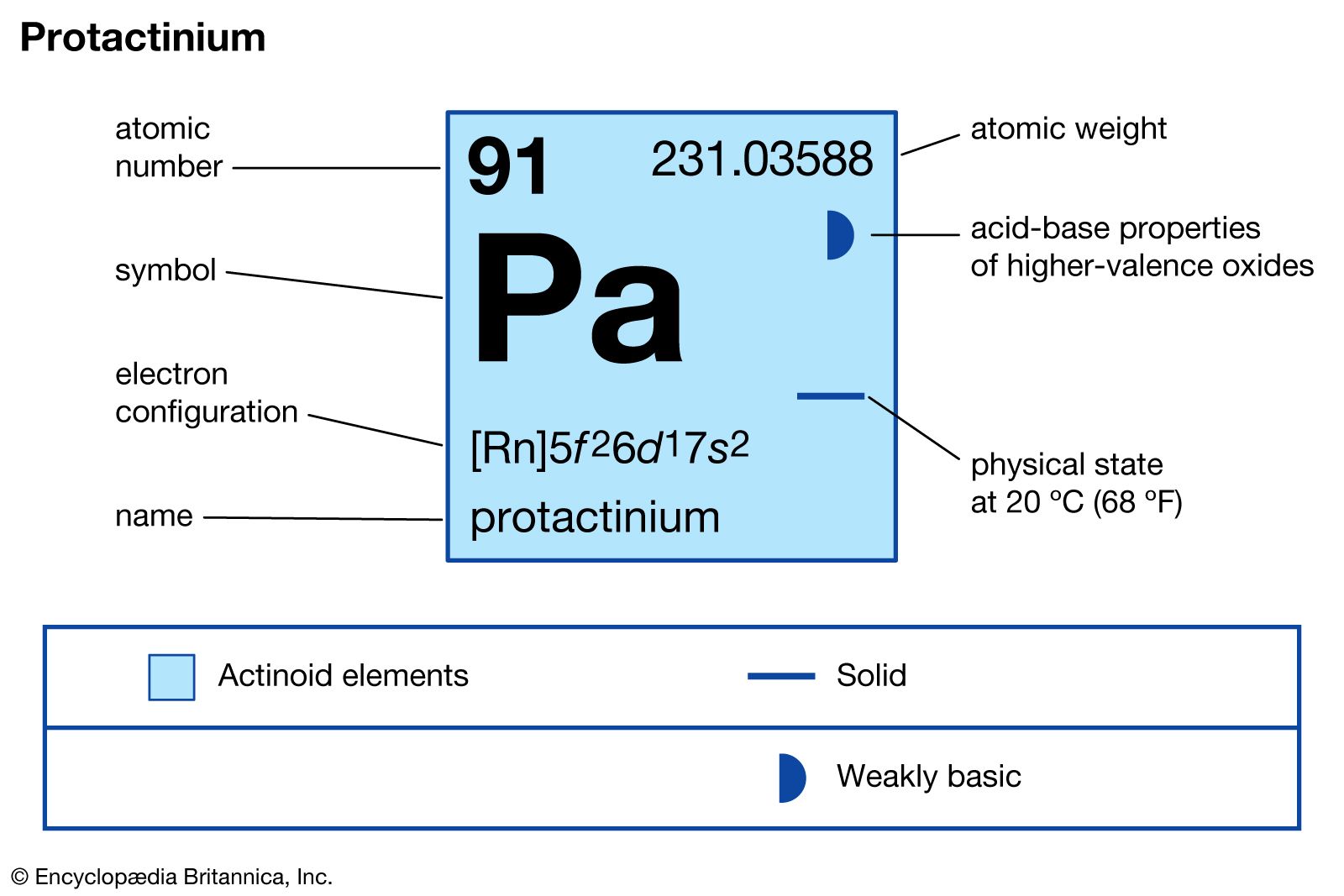
Introduction
Atomic energy, stemming from nuclear reactions, has become a pivotal topic in discussions surrounding energy policy and environmental sustainability. As the world grapples with climate change and the need for clean energy solutions, understanding the role of atomic energy is more critical than ever. With recent advancements and debates surrounding nuclear technology, it is essential to evaluate its importance, benefits, and future implications.
Current Developments in Atomic Energy
As of late 2023, many nations reassess their energy strategies in light of soaring fossil fuel prices and increasing carbon emissions. The International Atomic Energy Agency (IAEA) reported a significant increase in interest in nuclear power, with 51 nuclear reactors currently under construction globally. Countries like France, China, and the United States are at the forefront, investing heavily in new nuclear technology and safety enhancements, indicating a renewed trust in atomic energy as a reliable energy source.
Moreover, innovations such as small modular reactors (SMRs) promise to make nuclear power safer and more flexible, catering to varying energy demands without the scalability issues of traditional reactors. These innovations come at a crucial time, as many countries strive to meet their climate targets set by the Paris Agreement.
Challenges and Concerns
Despite the potential of atomic energy, there are significant challenges that must be addressed. Public perception remains a considerable hurdle, often shaped by historical events such as the Chernobyl disaster and the Fukushima nuclear accident. These incidents have instilled fear and hesitation surrounding the adoption of nuclear technology.
Furthermore, the issues of nuclear waste management and the potential for catastrophic failure continue to fuel debates about the viability of atomic energy. The need for comprehensive policies that ensure safety and address public concerns is paramount as we look towards a future that incorporates nuclear power.
Conclusion
In conclusion, atomic energy holds a vital place in the transition toward sustainable energy systems. With the pressing need to combat climate change and ensure energy security, nuclear power presents an opportunity to provide a stable, low-carbon source of energy. However, overcoming public apprehension and managing the challenges associated with nuclear technology remains critical for its successful implementation.
As countries continue to explore innovative nuclear solutions, the future of atomic energy could shape the global energy landscape and play a key role in achieving a cleaner and more sustainable world.
You may also like

The Role of Metro Systems in Modern Cities

Costa Coffee’s Commitment to Sustainability in 2023
